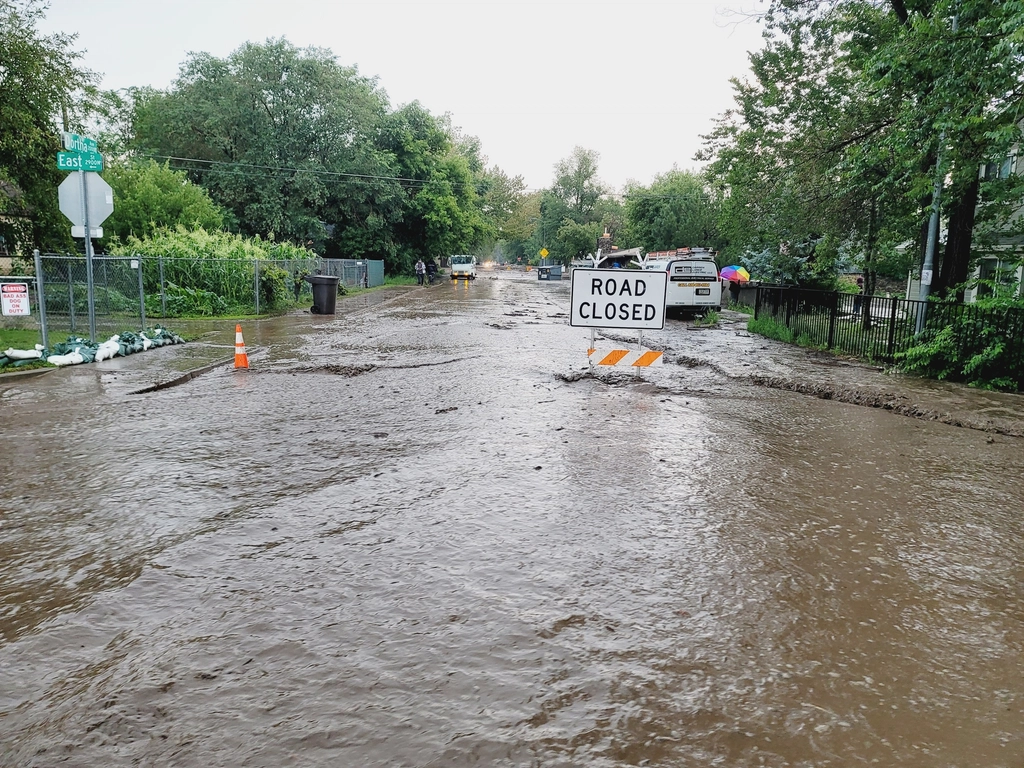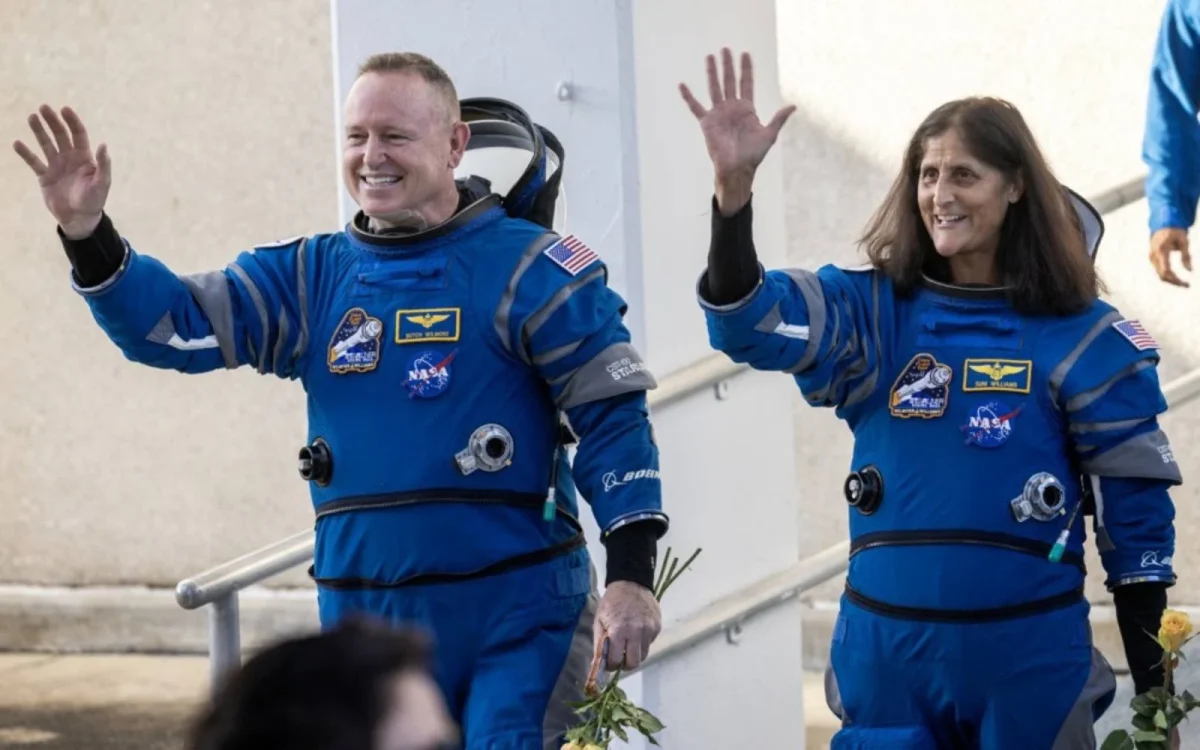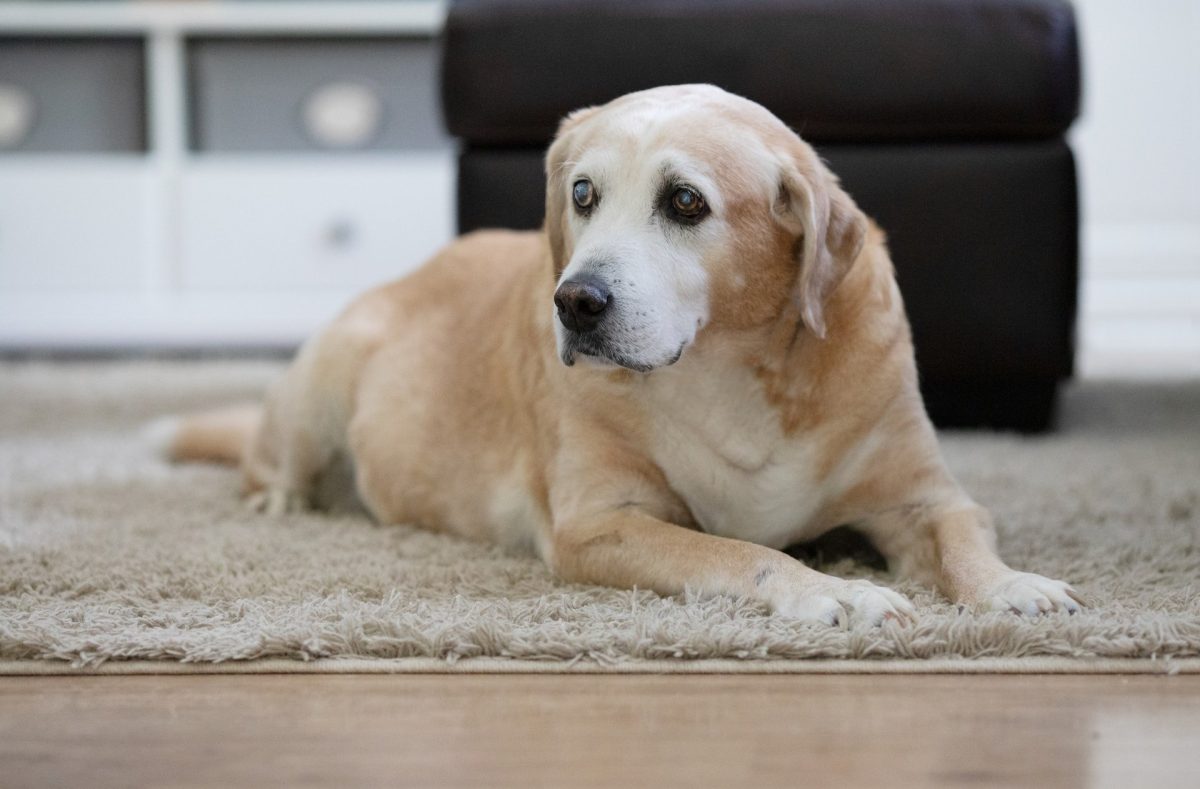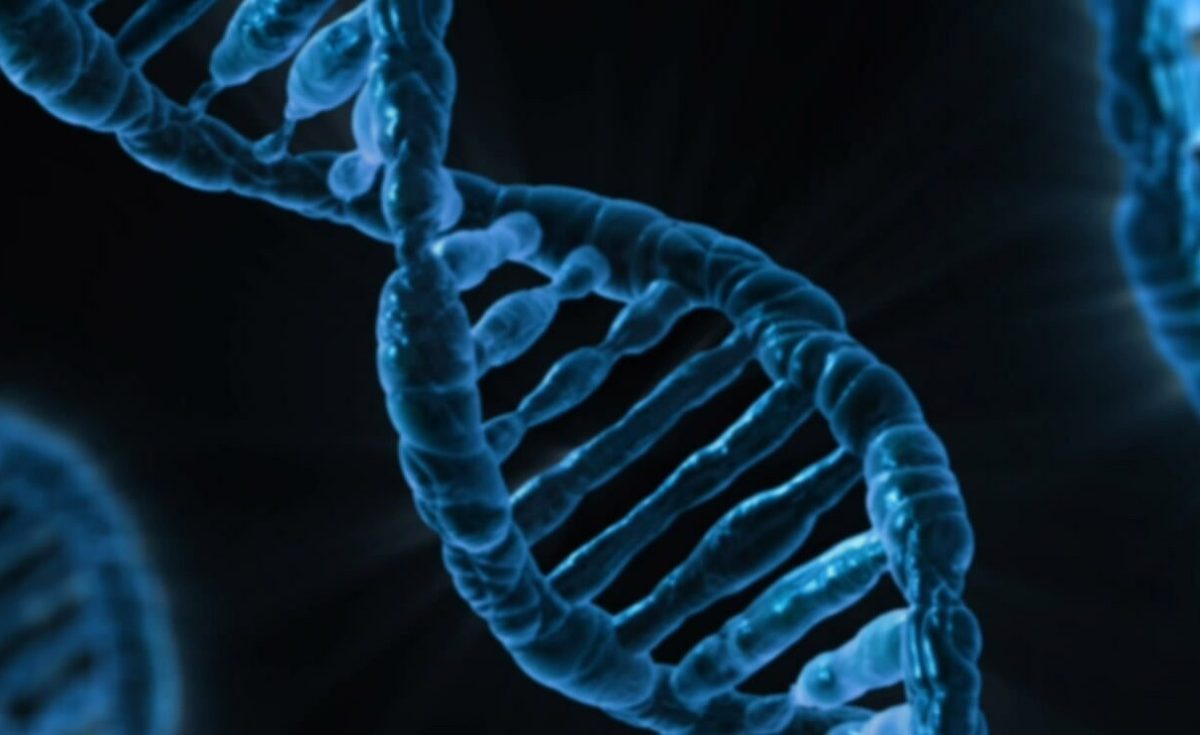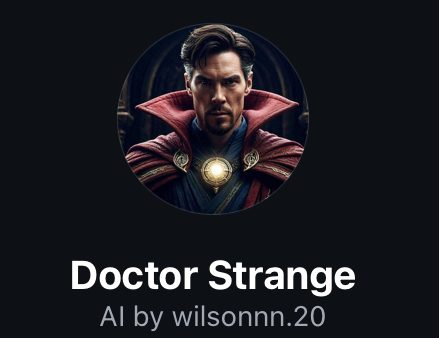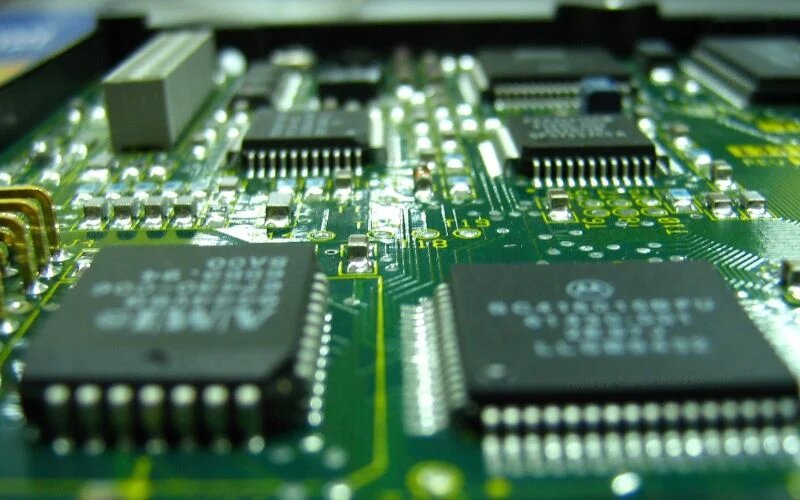The recent hurricanes in Florida and North Carolina have devastated the community, but allowed for citizens to appreciate the hidden heroes around them. During Hurricane Helene, power was lost, causing all communication to fail except for radios. Ham radio operators took on the job they were trained to do, passing messages through the radio to relay the location of victims who need help and connect people to their loved ones. One man even began distributing handheld radios to his neighbors, while others requested medications from first responders and announced when stores opened.
This poses an important question: is our modern tech unreliable? Wilcox Radio Club Advisor Ms. Hardy shares, “old school technology can always work. If the power went out, there would be no way to communicate.” She states, “I’m probably the only teacher on campus that has a ham radio license.” Ms. Hardy believes that radio “teaches you basic rules of protocol and communication,” a skill that is necessary in our modern world. When using ham radio “you have to wait to be acknowledged, and you relay information you’ve heard.” Amateur radio, also referred to as HAM or ham radio, is a popular hobby where people communicate across the world or around town. To become an amateur radio operator you have to pass an exam issued by the FCC (Federal Communications Commision). This license is an extremely important tool as it allows the people in a community to rely on the operators as emergency services.
However, according to the American Radio Relay League, “the average age for a ham radio operator is 68 years old.” The young community’s lack of interest in such a vital role in the community is troubling, but the Wilcox Radio Club is aiming to change that. The president of the club, Benjamin Faershtein, claims, “radio is the backbone of how most communication works,” highlighting his interest in radios and what they could bring to the Wilcox community. He firmly believes that radio is such a forgotten form of communication because “people take for granted that they have cellphone service,” prompting them to rely on the internet and disregard ham radios. Nowadays, it is more of a niche hobby than a necessity for most people. But the tech has modernized in recent years with new digital modes where operators can send packets of data over long distances using only radio. Astronauts aboard the ISS are ham radio operators and sometimes make contacts with amateurs on earth.
Radio communication plays a vital role in every community, including Wilcox’s. As seen in previous hurricanes this year, having a ham radio license can save lives and provide necessary help for a community in a disaster. By having a radio club and teaching the younger generation how to operate ham radios, Wilcox is preparing its community for emergencies and giving students a useful hobby. The club plans to hold more events in the future and is looking at setting up a permanent antenna on campus. Join the Wilcox Radio Club today to explore the airwaves and benefit the community.

